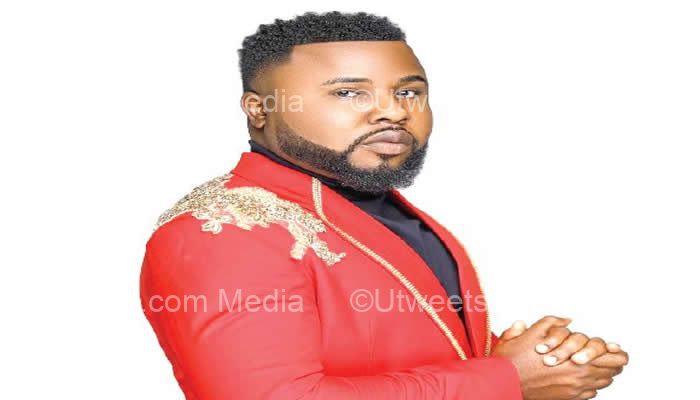In the world of digital innovation and investment, United States-based Nigerian investor Gaius Chibueze, popularly known as Bitcoin Chief, is a force to be reckoned with. In this interview with BIODUN BUSARI, he discusses his journey into cryptocurrency, migration, and various other topics ...Tap To Read The Full Story Here | ..Tap To Read The Full Story Here...
How did you get into trading Bitcoin?
Yes, I was part of a multi-level marketing network. There was a man I followed on Facebook, a white individual, who shared valuable insights into the MLM business.
One day, he mentioned Bitcoin and stated that it was the future of money.
He even sent me a YouTube video explaining it. What really caught my attention was when the person in the video said, “There will only ever be 21 million Bitcoins.”
That scarcity intrigued me, and that’s how I bought my first Bitcoin for $35.
How has your experience in cryptocurrency been since then?
It has been life-changing. It’s been a transformative journey from buying Bitcoin in 2011 to making my first million dollars in 2017.
In that year, Bitcoin skyrocketed from $800 to $20,000 in just a year, and that’s when I became a millionaire. Since then, I’ve travelled the world, diversified my investments, and explored different opportunities in the crypto space.
How did you feel when the Nigerian government clamped down on cryptocurrency?
Honestly, I think the Nigerian government missed a golden opportunity. Bitcoin has been the best investment of the decade, rising from a few cents in 2009 to a peak of $73,000.
Over 50 per cent of Nigerian youths have either traded Bitcoin or know someone who has.
Instead of fighting it, governments should study and understand it. Even the US government has embraced Bitcoin, approving a Bitcoin exchange-traded fund.
They realised they couldn’t control it, but they could benefit from it. Nigeria should take note.
What led to your decision to relocate to the US?
When I first moved to the UK, it felt limiting for me as an entrepreneur. True entrepreneurship thrives in the US. I came here to chase the American dream, and it’s been a fulfilling journey ever since.
You were once a rapper. What made you leave the entertainment industry?
Music was a passion for me, but passion alone doesn’t pay the bills. Bitcoin, however, did. Now that I’ve achieved financial success, I can invest in younger talents and help others chase their dreams.
You played a key role in creating ABiT Mobile App Limited. What inspired that?
When I started trading Bitcoin full-time in 2013, I realised that many of the tools we needed as traders simply didn’t exist. So, I decided to build them myself, and that’s how ABiT Mobile App Limited was born. It was about solving real problems for the crypto community.
As a tech expert, what advice do you have for Nigerians looking to tap into the digital space?
Nigeria is blessed with a vibrant, youthful population. Technology is the key to unlocking wealth for these young people. The government and private sector need to invest more in tech education and infrastructure. Personally, I’m building Tech City Africa, a live-work space for tech innovators, which I hope will become Africa’s Silicon Valley.
Would you say there’s a connection between your studies and your current career?
Absolutely. I studied Marketing for both my Bachelor of Science and Master’s degree, and today I use those skills to market cryptocurrencies and the opportunities within the digital space.
It’s all about communication and positioning, and my education has helped me refine those skills.
If given the chance, would you serve Nigeria in an official capacity?
I’m already serving in my own way. Through my company, Eastside Ventures, I’m creating jobs and opportunities. Currently, we have employed over 1,000 people.
I have heavily invested in agriculture, real estate, and technology. So, I’m making an impact, just not from a government seat.
What do you think Nigeria needs to do to achieve the level of development seen in countries like the US?
Nigeria has immense potential but lacks the leadership and structural systems needed for growth. To develop like the US, we need visionary leaders and institutions that reward innovation and creativity. We must also build a system that nurtures talent and encourages entrepreneurship.
Despite appeals, advice, and cautions from the government, many Nigerians still want to relocate to the US and other developed countries. What advice do you have for them?
I support legal migration. Nigerians, like Indians, can migrate, learn, and bring back valuable knowledge to build the nation. Relocation shouldn’t just be about seeking greener pastures—it’s about gaining experiences that you can use to contribute to Nigeria’s development.



